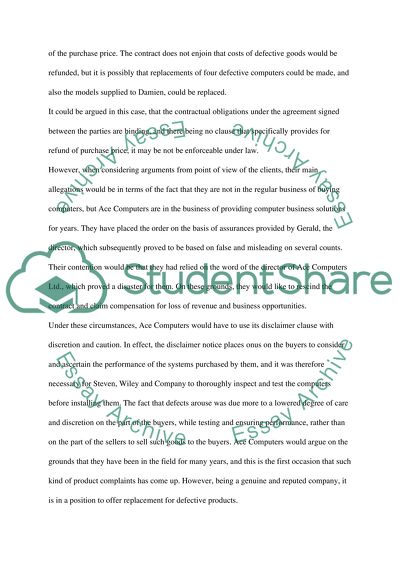Cite this document
(The Legal Position of Ace Computers Limited Case Study - 4, n.d.)
The Legal Position of Ace Computers Limited Case Study - 4. Retrieved from https://studentshare.org/law/1550901-business-law
The Legal Position of Ace Computers Limited Case Study - 4. Retrieved from https://studentshare.org/law/1550901-business-law
(The Legal Position of Ace Computers Limited Case Study - 4)
The Legal Position of Ace Computers Limited Case Study - 4. https://studentshare.org/law/1550901-business-law.
The Legal Position of Ace Computers Limited Case Study - 4. https://studentshare.org/law/1550901-business-law.
“The Legal Position of Ace Computers Limited Case Study - 4”, n.d. https://studentshare.org/law/1550901-business-law.


